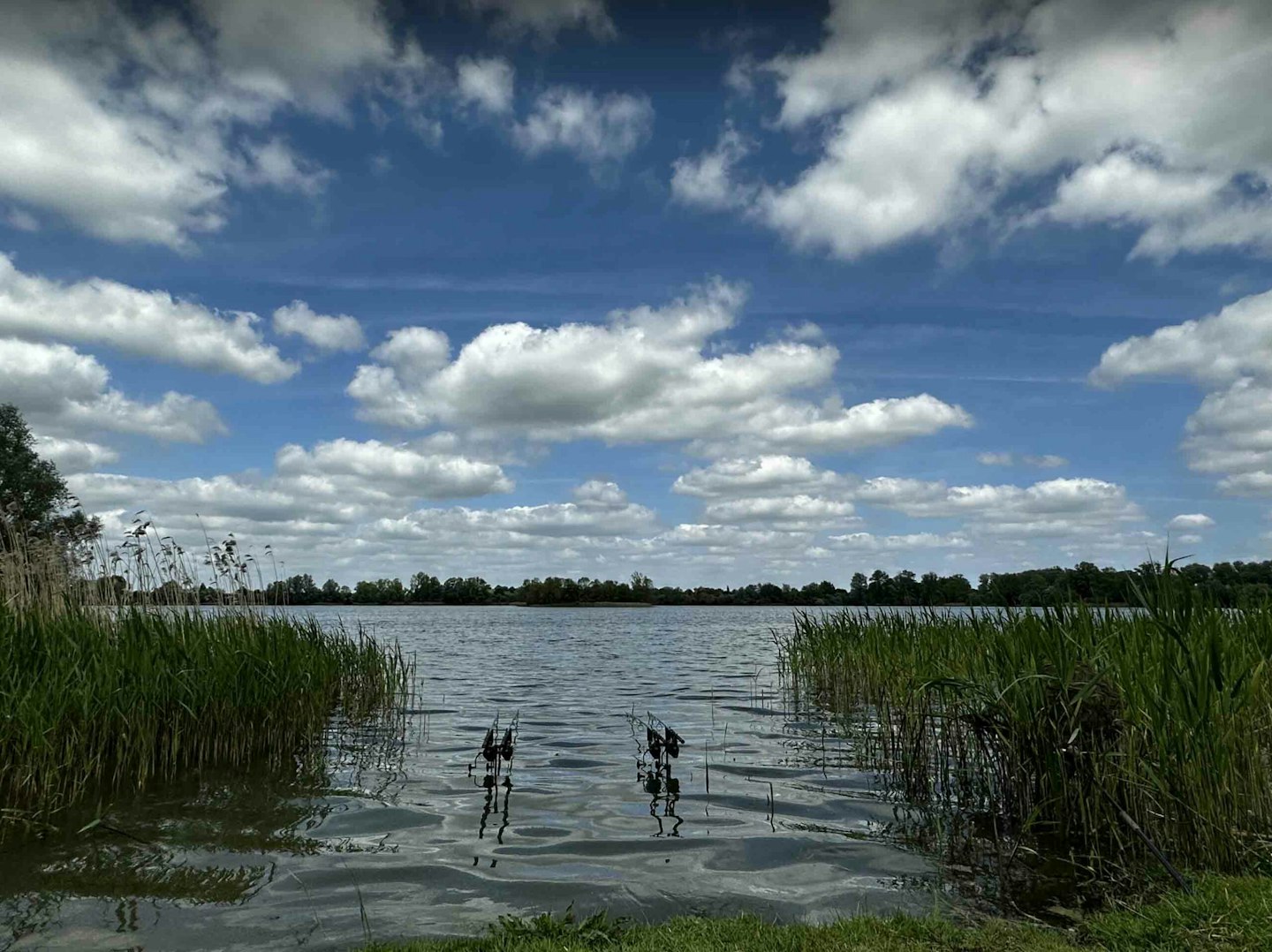A number of fisheries in the East of England have been forced to close to anglers in order to help prevent the spread of Avian Flu.
Highly Pathogenic Avian Influenza (HPAI) – or ‘Bird Flu’ – decimated seabird populations last spring and summer, with more than 50,000 wild birds thought to have succumbed.
The virus had little impact on the actions of anglers or other freshwater users until last week, when the Fen Drayton complex in Cambridgeshire – a popular water with specimen anglers chasing its huge tench, bream and carp – shut its gates after a worrying rise in cases.
LEARN HOW YOU CAN STAY SAFE WHEN YOU GO FISHING IN THIS ARTICLE.
The virus strain causing the current outbreak first emerged in domestic geese in East Asia, where it infected wild birds. Experts in HPAI at the RSPB are concerned about its spread, and revealed which common bird species on UK fisheries are being impacted most.
“Black-headed gulls are currently dying in large numbers across England and Wales as a result of this devastating virus,” a spokesperson told Angling Times.
“There are outbreaks in lots of their colonies across the UK, some of which are on waters that may be used for angling.”

A similar stance to that taken at Fen Drayton has been applied at a number of other fisheries in the area because, although the disease is rarely a risk to humans, anglers could contribute to its spread.
“We know that the virus persists in water, and it is possible that it could be spread by nets or fishing gear between sites,” the RSPB spokesperson added.
“There is also current guidance for bird ringers to disinfect any nets they use to catch birds.”
Experts at Defra are urging anglers to follow the ‘Check, Clean, Dry’ procedure to help avoid further spread.
"Avian influenza can spread from bird to bird, either directly or through contaminated objects or surfaces", they told us.
"Whenever you leave the water, check equipment and clothing, removing mud and aquatic plan and animal materials, and leave them at the site. Then clean everything thoroughly as soon as you can, ideally using hot water, before leaving everything to dry for as long as possible."

Bird Flu Tell-tale signs birds are infected:
-Swollen head & closed or runny eyes
-Lethargy (lying down and unresponsive
-Poor coordination & head/body shaking
-Breathing difficulties/ dragging of legs when walking
What you should do if you spot it?
DO: Report any dead birds or those with symptoms; follow guidance on signs at fisheries; regularly disinfect nets and tackle
DON’T: Touch any dead or ill-looking birds; let dogs near them; break official guidance
Report sightings of dead birds at: www.gov.uk/guidance/report-dead-wild-birds
This page is a free example of the amazing content Angling Times Members get every single week. Becoming an Angling Times Member gives you access to award-winning magazine content, member rewards, our back issue archives, bonus content and more! Join our fishing community and find out more today!
